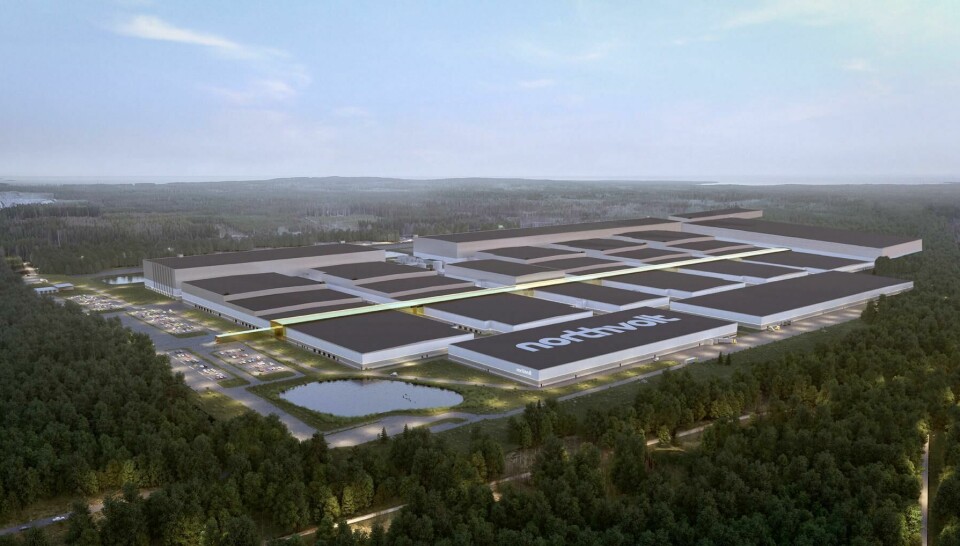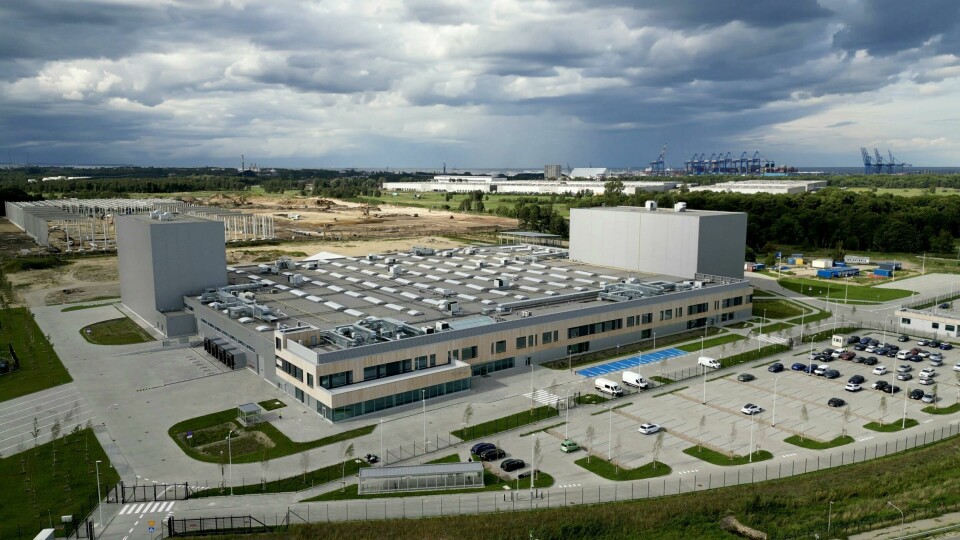Northvolt slashes workforce by 1,600 as Europe’s largest EV battery manufacturer stumbles with slow demand, scaling issues, and Chinese competition, pausing major expansion plans
Northvolt, once the great hope for Europe’s EV battery industry, is shedding 1,600 jobs and shelving expansion plans. With slow market demand and fierce Chinese competition, Europe’s green ambitions face a critical test, leaving Northvolt to recalibrate its strategy.

Northvolt, once heralded as Europe’s flagship hope for electric vehicle (EV) battery production, is trimming its workforce by 1,600 jobs, around a fifth of its global headcount. The company’s shift in focus now centres on scaling up its inaugural battery cell production line at Northvolt Ett in Sweden, as it grapples with sluggish demand, intensifying Chinese competition, and operational challenges.
The Swedish manufacturer, a not-insignificant player in Europe’s automotive battery sector, will suspend plans to expand the Northvolt Ett factory in Skellefteå, a site initially pegged as a cornerstone of its ambitious growth. In a bid to rein in costs, Northvolt is scaling back from its original vision of providing a comprehensive suite of services, which ranged from material production and battery assembly to full-cycle recycling.
Volkswagen, one of its key investors, has positioned Northvolt at the forefront of Europe’s drive to build its own battery manufacturing base, crucial as the continent’s automakers transition from combustion engines to electric drivetrains. Yet, Northvolt has struggled to meet deadlines, a situation exacerbated by production scale-up difficulties. Notably, BMW cancelled a $2 billion order in June, a significant setback for the firm.
On September 24, Northvolt announced that it would prioritise ramping up to 16 gigawatt-hours (GWh) of annual production capacity at its Skellefteå facility, shelving a planned expansion that would have added 30 GWh. Current production at the site remains under 1 GWh—far short of the 60 GWh capacity the factory was originally slated to achieve, enough to supply batteries for over one million EVs annually.
Facing tough competition and slower demand
Northvolt’s challenges are compounded by slower-than-anticipated growth in EV demand and the formidable dominance of Chinese firms, which control 85% of global battery cell production, according to the International Energy Agency.

“We are determined to overcome the challenges we face, and to emerge stronger and leaner,” remarked Peter Carlsson, Northvolt’s co-founder and CEO. “We now need to focus all energy and investments into our core business.”
The company’s research and development hub, Northvolt Labs, will see a marked slowdown in its projects and expansion efforts, though key technological platforms will be maintained. The future of Northvolt’s proposed gigafactories in Germany and Canada remains uncertain, with potential delays on the horizon.
Analyst Evan Hartley of Benchmark Mineral Intelligence praised Northvolt’s recalibration, noting that “their level of ambition and their level of realism at the moment is fairly good in that they’re not pushing blindly ahead when it’s not working.”
Despite securing over $50 billion in orders from clients, including Volkswagen, Northvolt remains loss-making—a stark reminder of Europe’s uphill battle to compete with China’s battery giants such as CATL and BYD. The company posted a $1.2 billion loss last year, a sharp increase from a $285 million deficit the year prior, despite amassing $15 billion in financing from prominent backers, including Goldman Sachs and BlackRock.
Lack of government support
The company’s financial troubles come amid a broader concern over Europe’s industrial competitiveness. Former European Central Bank head Mario Draghi recently underscored the need for a more coordinated industrial strategy and substantial investment to compete with the economic prowess of the United States and China.
However, European governments, still recovering from the financial aftershocks of the COVID-19 pandemic, remain hesitant to intervene. Sweden’s Prime Minister Ulf Kristersson affirmed on September 13 that, while the government supports the growth of green technologies, it would not take a stake in Northvolt nor offer loans to the company.
Carlsson, meanwhile, appealed for collective action, emphasising that all parties involved must collaborate. “I believe it’s important going forward that all the stakeholders we work with now—customers, shareholders, lenders, and also national stakeholders—are contributing to a good long-term solution, because this is about European prosperity and competitiveness,” he told Swedish radio.
In the context of Europe’s wider EV ambitions, Northvolt’s struggles reflect the challenges of building a competitive domestic battery industry amid a landscape dominated by Chinese incumbents, sluggish demand, and cautious governmental support.


